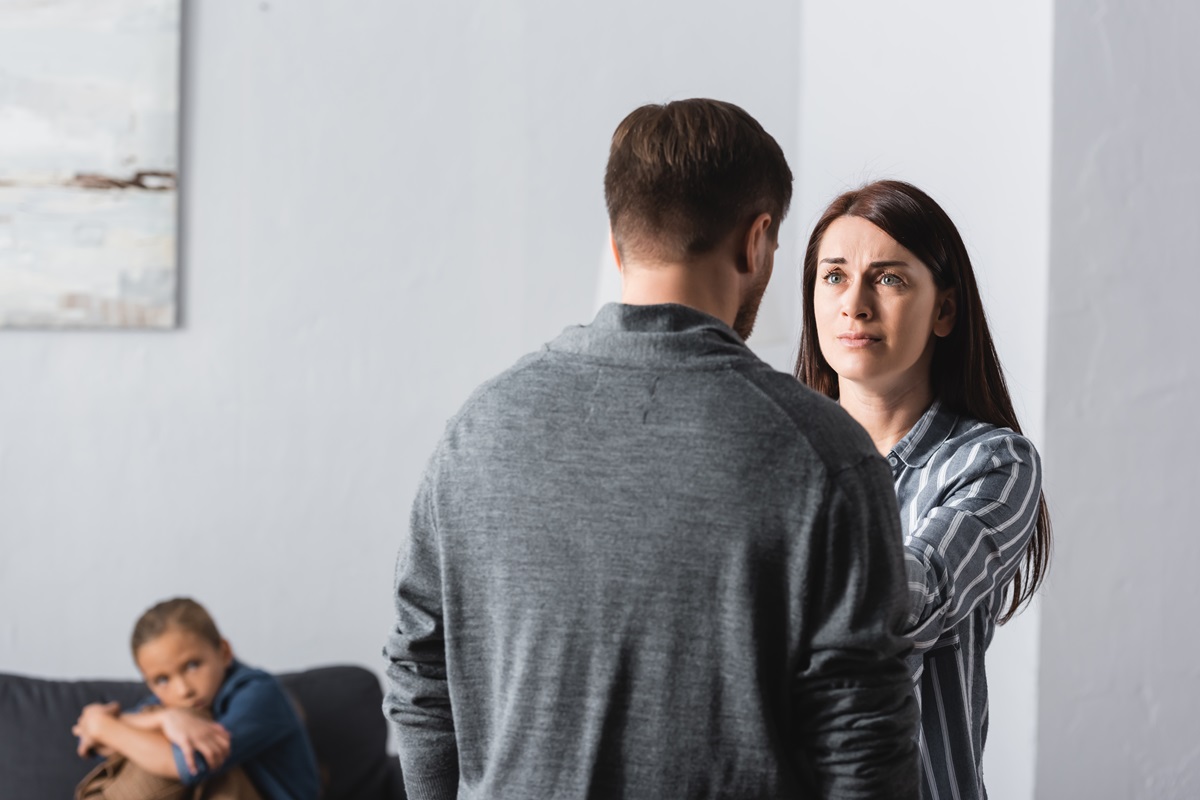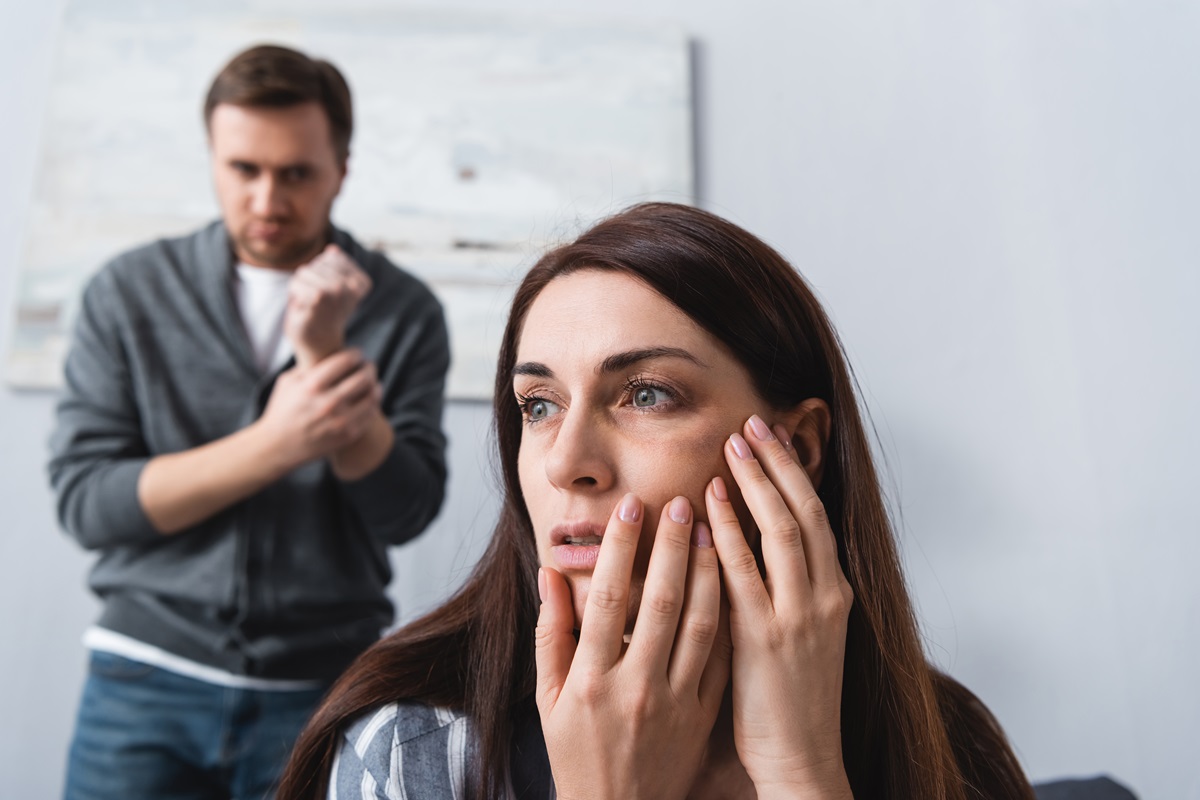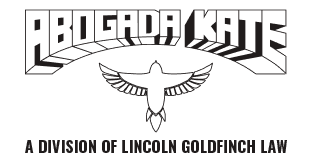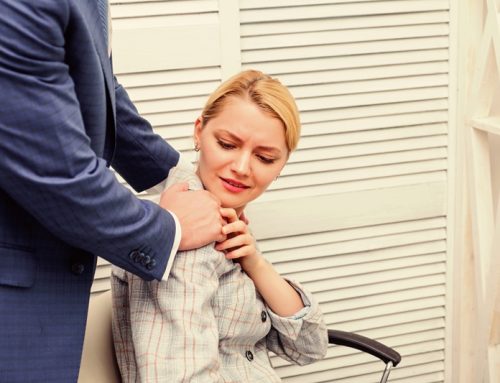A VAWA Lawyer Clarifies The Path Toward A Self-Petition
Living with abuse is incredibly isolating, and the added complexity of immigration requirements makes it feel impossible to cope alone. A VAWA lawyer can be your guiding light in such challenging times. They clarify the path towards the Violence Against Women Act (VAWA). In turn, this program provides a lifeline for immigrants dealing with domestic violence.
This article outlines the eligibility criteria for VAWA, detailing the factors influencing who can file a petition and the associated benefits. Learn why having a skilled immigration attorney is essential in demonstrating your qualifications and ensuring a successful petition.

How Can A VAWA Lawyer Assist You?
Immigration relief options such as VAWA tend to have more complex processes than standard pathways. The eligibility criteria are often more stringent and narrowly defined to grant to those who genuinely need them. Proper legal counsel can simplify the process and significantly increase your chances of success.
An experienced VAWA immigration lawyer will carefully evaluate your situation to determine if you qualify for this relief. They answer your questions, address your concerns, and explain your options in clear, straightforward language. Additionally, they ensure your application is complete and accurate to avoid unwanted delays or denials.
Building a solid case requires documented proof of the domestic violence you have suffered. A skilled attorney understands what evidence immigration officials require and can help you gather and present the necessary proof of abuse. Their support and guidance enable you to fully grasp the power of VAWA in securing your safety and path to independence.
What Is VAWA & Its Benefits?
Enacted in 1994, the Violence Against Women Act is a powerful testament to the United States’ commitment to protecting abuse victims. It allows individuals who have been subjected to domestic violence by a U.S. citizen or Lawful Permanent Resident (LPR) family to file a self-petition for lawful status.
This law recognizes the unique challenges of immigrant victims suffering domestic violence. It provides critical protections and advantages that enable you to seek safety, legal protection, and a pathway to independence. Here are some of the prominent benefits of VAWA.
Pathway To Legal Status
Eligible survivors are allowed to petition themselves for legal status without the need for sponsorship from their abuser. It is vital if your immigration status might otherwise leave you feeling trapped in harmful relationships.
Protection From Deportation
Survivors are protected from deportation while their VAWA application is being processed. This protection provides peace of mind and stability, letting you focus on rebuilding your life without the constant fear of removal from the United States.
Access To Work Authorization
Approved applicants can apply for work authorization to support themselves and their families. This financial independence is a critical step towards recovery and self-sufficiency.
Confidentiality
VAWA ensures that the information provided in self-petitions is kept confidential. It is vital for your safety, as it prevents your abuser from accessing sensitive information that could further endanger you.
Protection Orders & Enforcement
VAWA strengthens the enforcement of protection orders across state lines. It means you are safe even if you move to a different state, ensuring that restraining orders remain effective. You can have freedom from fear and abuse. You can also slowly recover from the trauma of domestic violence.
VAWA empowers you to take control of your life and break free from your abuser’s control. However, due to its significant advantages, strict eligibility criteria are implemented to grant this relief to only deserving applicants.
Who Can File A VAWA Self-Petition?
VAWA self-petitions are available to individuals in specific qualifying relationships with U.S. citizens or LPRs. Moreover, primary applicants may also seek protection for eligible relatives as their derivative beneficiaries. Here’s a detailed look at who is eligible:
- Spouses. You can file if you are currently or were previously married to a U.S. citizen or LPR who has subjected you to domestic violence. Additionally, if your U.S. citizen or LPR spouse has harmed your child, you may be eligible for VAWA.
- Children. If you are unmarried, under 21, and your U.S. citizen or LPR parent has abused you, you are eligible to apply. Unmarried children between 21 and 25 can also qualify if they can show that the abuse prevented them from filing before turning 21.
- Parents. A parent of an abusive U.S. citizen can self-petition under VAWA if their child is at least 21 years old.
When you file a VAWA self-petition, you can include eligible relatives as your derivative beneficiaries on the same application. If you are filing as an abused spouse or child, you can also petition your unmarried children under 21 as beneficiaries. It means they may also obtain legal status as part of your application, even if they were not directly the victim.
When you file as an abused parent, your other children are not eligible as derivative beneficiaries on your petition. Each child must file their petition based on their individual experiences of abuse. Different factors determine if the qualifying relationship is valid under the law. The criteria for suitable applicants are clearly defined and specific.
What Are The Factors Influencing Eligibility?
Family dynamics can quickly become complex, and certain factors may raise doubts about a person’s eligibility for VAWA. The U.S. Citizenship and Immigration Services, or USCIS, understands these factors and establishes concrete rules to address them.
Evidence Of Abuse
Credible evidence of abuse can include police reports, medical records, affidavits from witnesses, and other documentation that supports your claim. Aside from physical harm, USCIS also recognizes emotional, psychological, and financial abuse as grounds for VAWA petitions.
Marriage Validity
If you are an abused spouse, you must prove that your marriage to a U.S. citizen or LPR was in good faith, without fraud or coercion. It means you intended to live as a genuine married couple, not just to gain immigration benefits. Further, the abuse must have occurred during the marriage, and the petitioner must meet all eligibility requirements.
Shared Domestic Life
You must have lived together with your abuser at some point. This requirement confirms the existence of a shared domestic life and the context of domestic violence. Cohabitation doesn’t need to be continuous but must sufficiently establish a pattern of personal relationships.
Good Moral Character
You must demonstrate good moral character, which means no serious criminal issues or other major disqualifying factors for immigration benefits. USCIS reviews your background comprehensively, but minor infractions typically do not bar you from VAWA protections.
Abuser’s Death Or Loss Of Status
If your abuser has died, you can still file a self-petition within two years of their death. Similarly, if they lost their U.S. citizenship or LPR status due to domestic violence-related issues, you may also qualify. This provision prevents survivors from being penalized due to changes in their abuser’s status beyond their control.
Filing Outside The U.S.
You can file from abroad if you are a resident of the United States. Another circumstance is if the abuser is an employee of the U.S. government or a member of the uniformed services. This process is called VAWA consular processing.
Knowing these essential requirements influencing eligibility can help clarify your path forward. Working with an experienced VAWA lawyer is vital to solidifying your case and having a successful petition. Selecting legal support requires careful consideration, as their backgrounds and skill levels vary.
What Should You Look For In A VAWA Lawyer?

Your choice of an immigration attorney highly matters. Finding a legal counsel with a proven track record in handling VAWA cases is essential. Their extensive experience and skills allow them to prepare for challenges and develop suitable strategies to protect your rights.
A compassionate attorney can foster a safe and comfortable atmosphere for you to share your experiences. Effective communication and a thorough knowledge of immigration law are equally essential qualities. A VAWA immigration lawyer who explains the process clearly and keeps you updated guarantees you can make informed decisions at each step.
Accessibility, resourcefulness, understanding of cultural background, and strong advocacy skills are all essential in pursuing immigration relief. It’s beneficial to prefer a VAWA attorney with these qualities. By careful selection, you can improve your chances of a successful petition and, ultimately, a safer future.
Abogada Kate Aids In Seeking Safety From Abusers
Immigration law reflects human stories. At Abogada Kate, we recognize that each case represents a unique journey of resilience and hope. Our committed legal team is a strong advocate for survivors of immigrant abuse who rely on VAWA as a pathway to a brighter future.
We offer steadfast support in determining your eligibility, collecting evidence, and preparing the necessary documents to strengthen your case. Engaged in the immigrant rights community, we can connect you with support services and additional resources to aid your holistic recovery.
At Abogada Kate, your story is valued and treated with utmost confidentiality. We offer legal guidance and empathetic support to help you navigate the VAWA petition process smoothly. Our compassionate approach and diligent efforts help you break free from cruel relationships.
Summary
VAWA provides essential protections for survivors of domestic violence and a pathway to a green card independent of abusive family members. Eligible individuals, including spouses, parents, and children of U.S. citizens or LPRs, can pursue relief through self-petitioning. Beyond meeting relationship criteria, factors such as marriage validity, shared domestic life, and good moral character are vital considerations.
Selecting the right VAWA lawyer is pivotal for handling this process effectively. At Abogada Kate, we offer the necessary guidance and support to help you achieve safety and stability. Our tailored assistance addresses your circumstances with compassionate care and comprehensive legal counsel.


